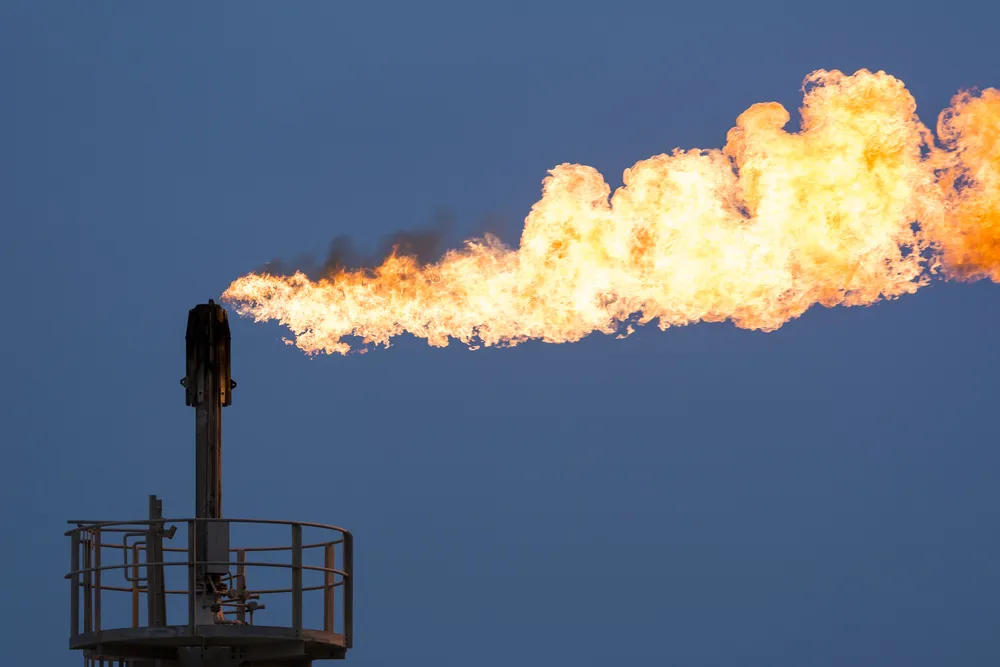

In this course, the students learn mechanical engineering technology, chiefly taking up design, analysis, and synthesis of mechanical systems. The students shall acquire in-depth knowledge of the engineering ideas, materials and techniques of manufacturing which are critical in addressing such complex problems.
In industries involving chemicals, oils, gas, or petrochemicals, mechanical engineering plays a crucial role. It involves developing engineering knowledge and skills related to inspection, monitoring, condition evaluation, and more. Mechanical engineers focus on the containment and control of solids, liquids, and gases, covering areas like material science, design methodology, static and rotary equipment fabrication, inspection, repair, maintenance, and condition monitoring.
The Principles of Mechanical Engineering Technology program integrates various concepts, including electrical mechanical engineering technology and mechanical technician. This course prepares participants for advanced studies, potentially leading to a master's degree in mechanical engineering technology.
Main Concepts of Electromechanical Technology
Electrical mechanical engineering technology combines principles from both electrical and mechanical engineering. This integration is essential for those pursuing mechanical engineering or technician. Understanding this interconnectedness is crucial for designing, creating, and servicing complex mechanical and electromechanical systems.
At the conclusion of the Principles of Mechanical Engineering Technology course, participants will be able to:
Unit 1: Introduction to Mechanical Engineering and its Basic Principles
Unit 2: Materials Examination and Choice for Mechanical Technology
Unit 3: Valves, Piping, and Fit for Purpose in Mechanical Engineering
Unit 4: Corrosion Management in Mechanical Technologies
Unit 5: Compressors in Mechanical Technology
Unit 6: Mechanical Maintenance and Mechanical Technician Relevance
Invalid mobile number. Please enter a valid number.
















